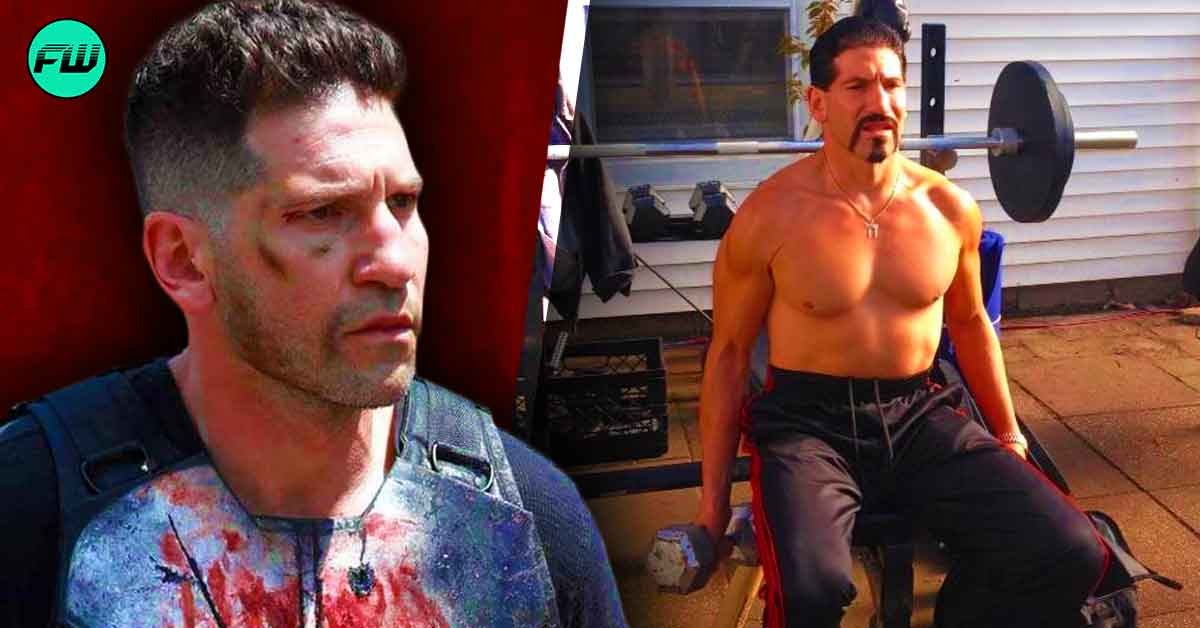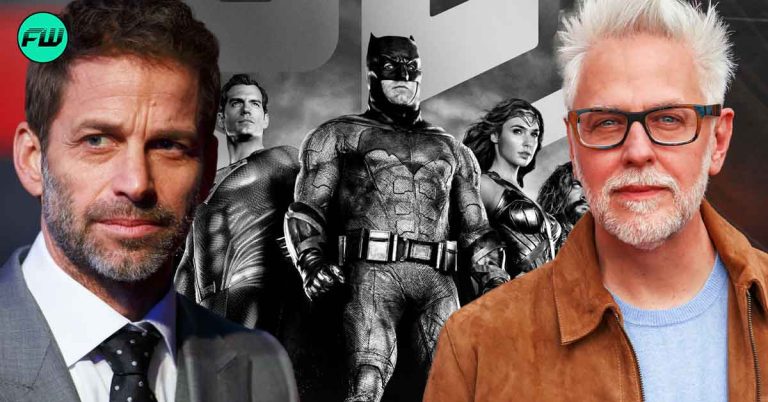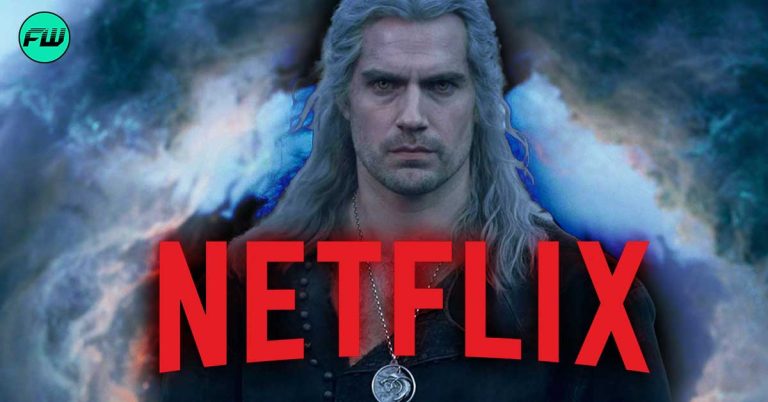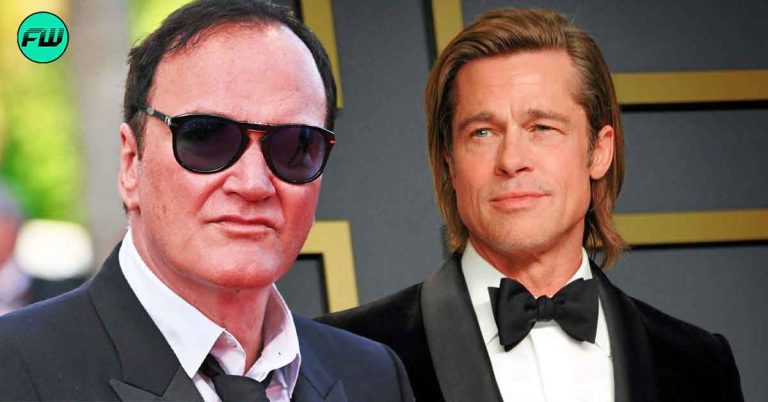Jon Bernthal, renowned for portraying the hard-hitting character Frank Castle in The Punisher, has found himself in the crosshairs of a societal debate on toxic masculinity. The Punisher‘s logo, a stark white skull, has been misappropriated as a symbol of toxic masculinity, casting a shadow on Bernthal. However, the actor’s personal beliefs starkly contrast his on-screen persona’s violent and aggressive image. This article delves into Bernthal’s perspective on masculinity, a viewpoint shaped by empathy, compassion, and continuous growth.
Unraveling the Misconceptions

The character of the Punisher has been associated with toxic masculinity, which refers to the negative aspects of exaggerated masculine qualities. The character’s logo, a menacing white skull, has been misused by various groups to denote an aggressive, unyielding form of masculinity. Bernthal, however, has openly criticized this misuse.
He views those who misappropriate the logo as “lost” and “misguided,” misunderstanding the character’s true essence and story. Bernthal’s Punisher is not a symbol of toxic masculinity but rather a complex character navigating a world of violence while grappling with his sense of justice.
Bernthal’s Perspective on Masculinity
Jon Bernthal shared his thoughts on masculinity. He critiqued the rigid, unbending macho persona often associated with masculinity, describing it as a “bastardized” version of what it truly means to be a man. Bernthal believes true masculinity involves being secure enough to acknowledge and learn from one’s mistakes.
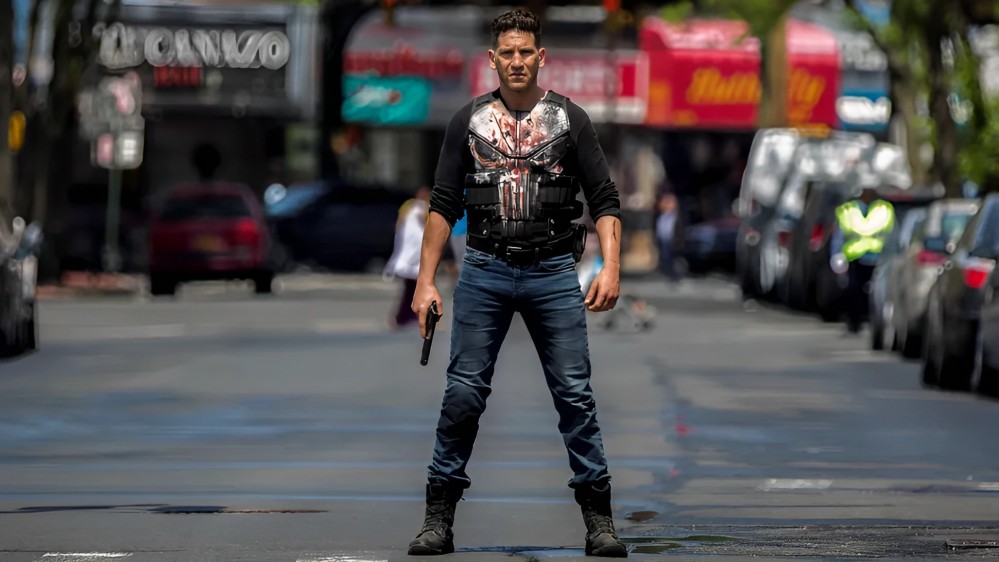
He emphasized the importance of empathy and compassion, stating that being a man is about being able to communicate with anyone, being confident enough to admit mistakes, and being open to learning from everyone. He stressed that masculinity is about striving for continuous growth and improvement rather than imposing one’s will on others. Similarly, Bernthal stated,
“I do believe in discipline.”
He is a father who trains his sons in martial arts and survival skills, not to promote aggression but to instill a sense of discipline and self-reliance. He believes these aspects are cornerstones of classic masculinity. Bernthal’s perspective on masculinity extends beyond the physical. He wants his sons to be kind and empathetic and stand up for those who are being picked on or have fewer rights.
His approach to parenting reflects his belief in a balanced, empathetic, and compassionate form of masculinity, a stark contrast to the toxic masculinity often associated with his character.
Challenging Traditional Notions and Looking Ahead
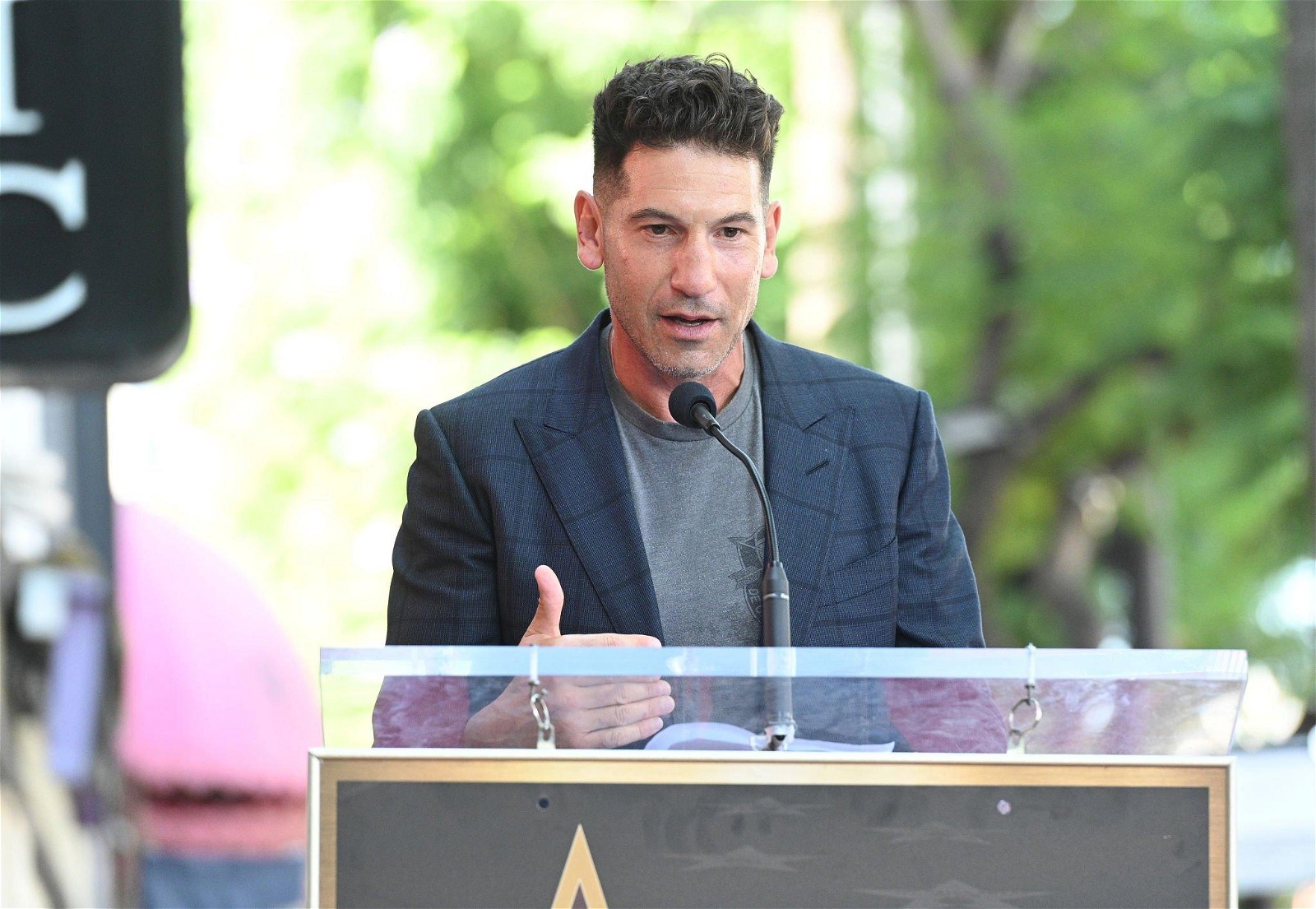
Bernthal’s views on masculinity challenge traditional notions and offer a fresh perspective. His emphasis on empathy, compassion, and continuous growth presents a counter-narrative to the toxic masculinity often associated with his character.
As a father, Bernthal is raising his sons to be open-hearted and compassionate, reflecting his beliefs in his parenting approach. His stance on masculinity is significant in the ongoing conversation, offering a hopeful perspective emphasizing the potential for change and growth.
In addition to his roles and personal beliefs, Bernthal also uses his platform to foster real conversations about real things through his podcast, Real Ones. The podcast serves as another avenue for Bernthal to share his views and engage in meaningful discussions, further emphasizing his commitment to challenging and redefining traditional notions of masculinity.
Source: YouTube

